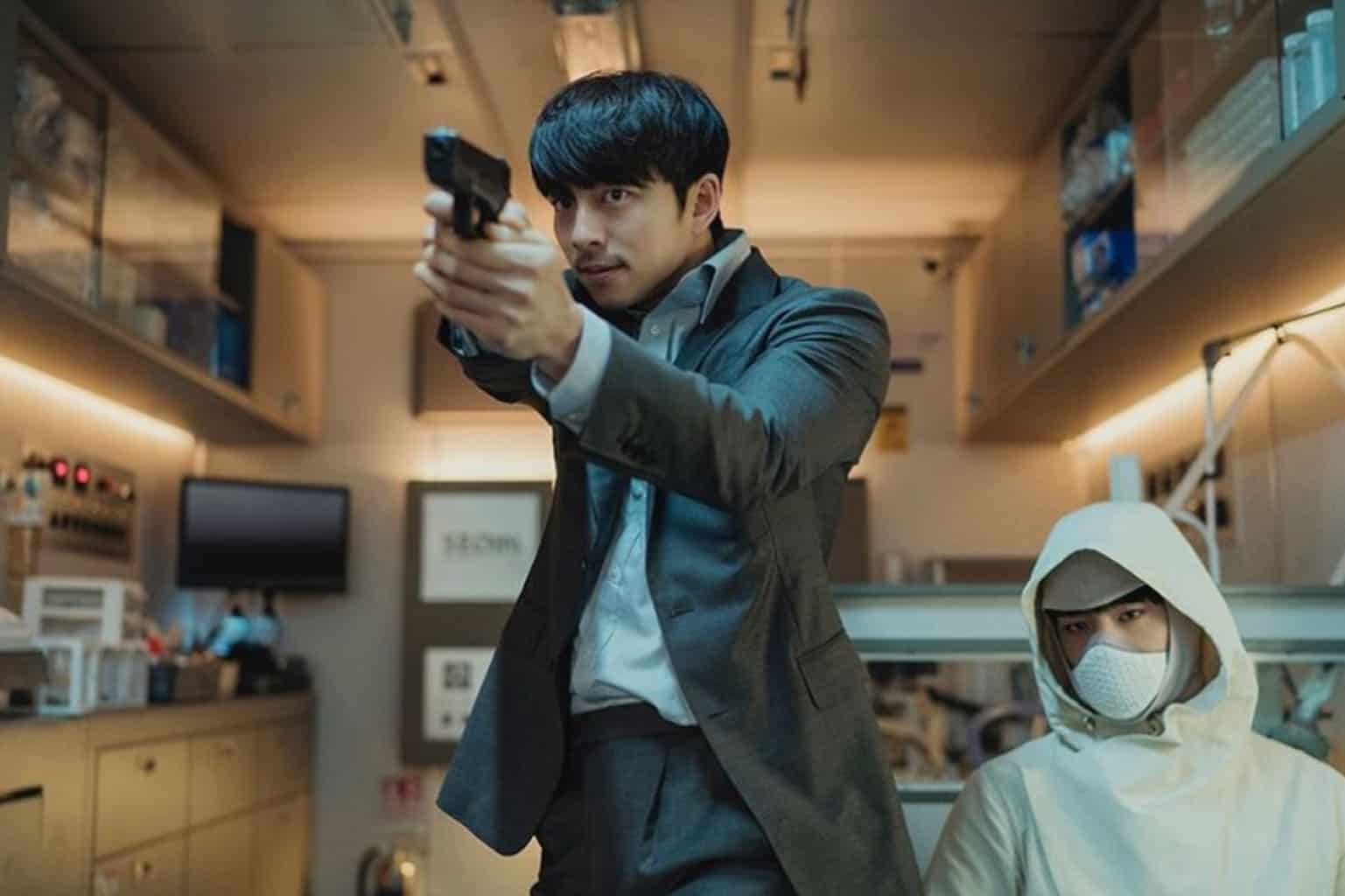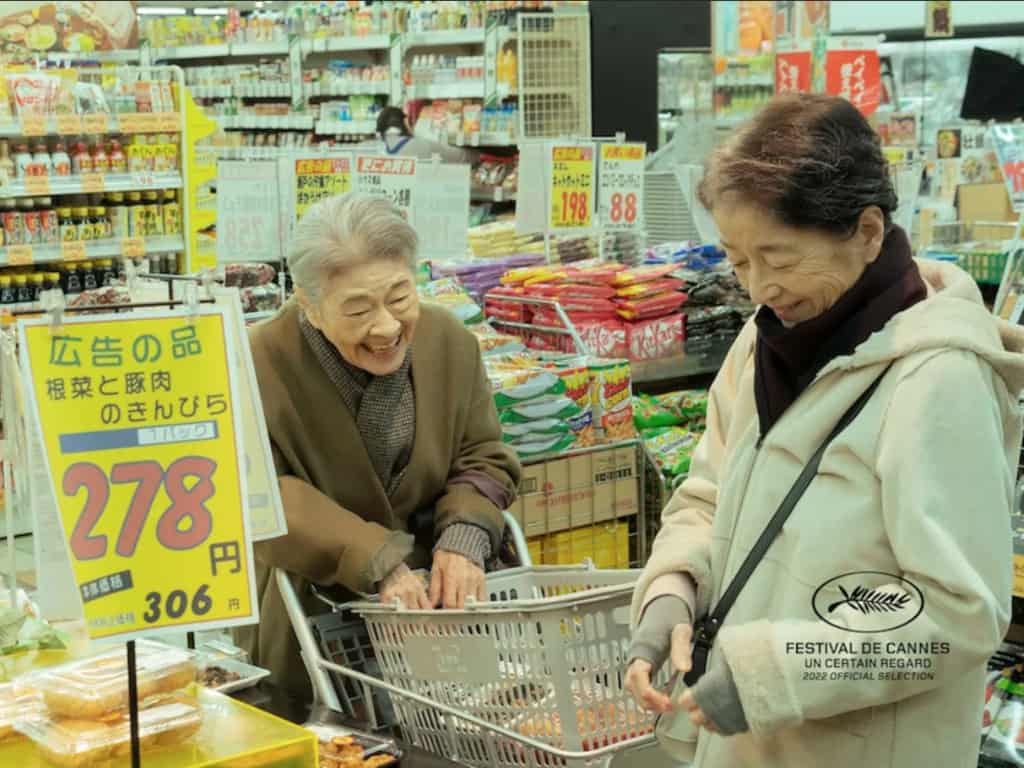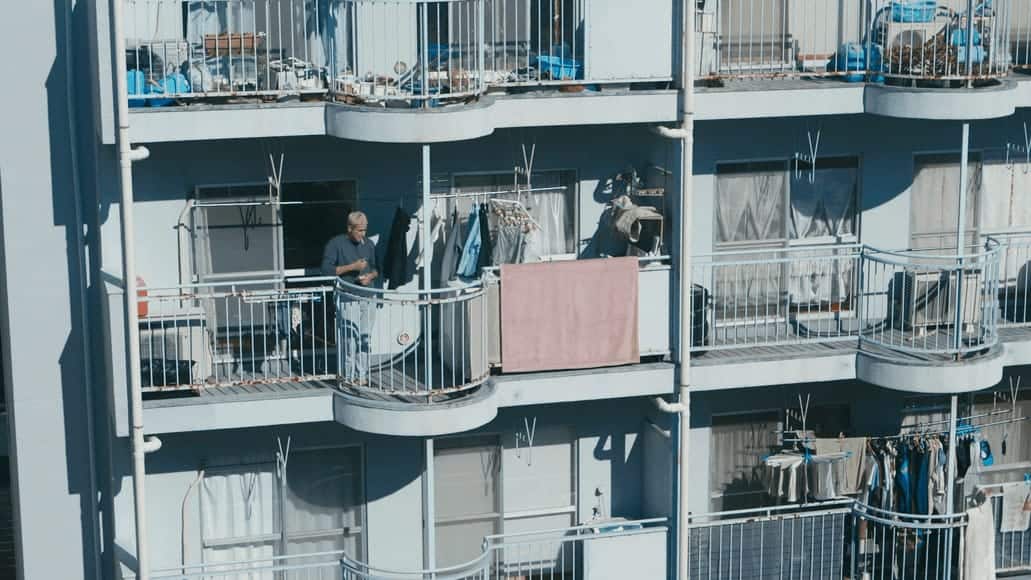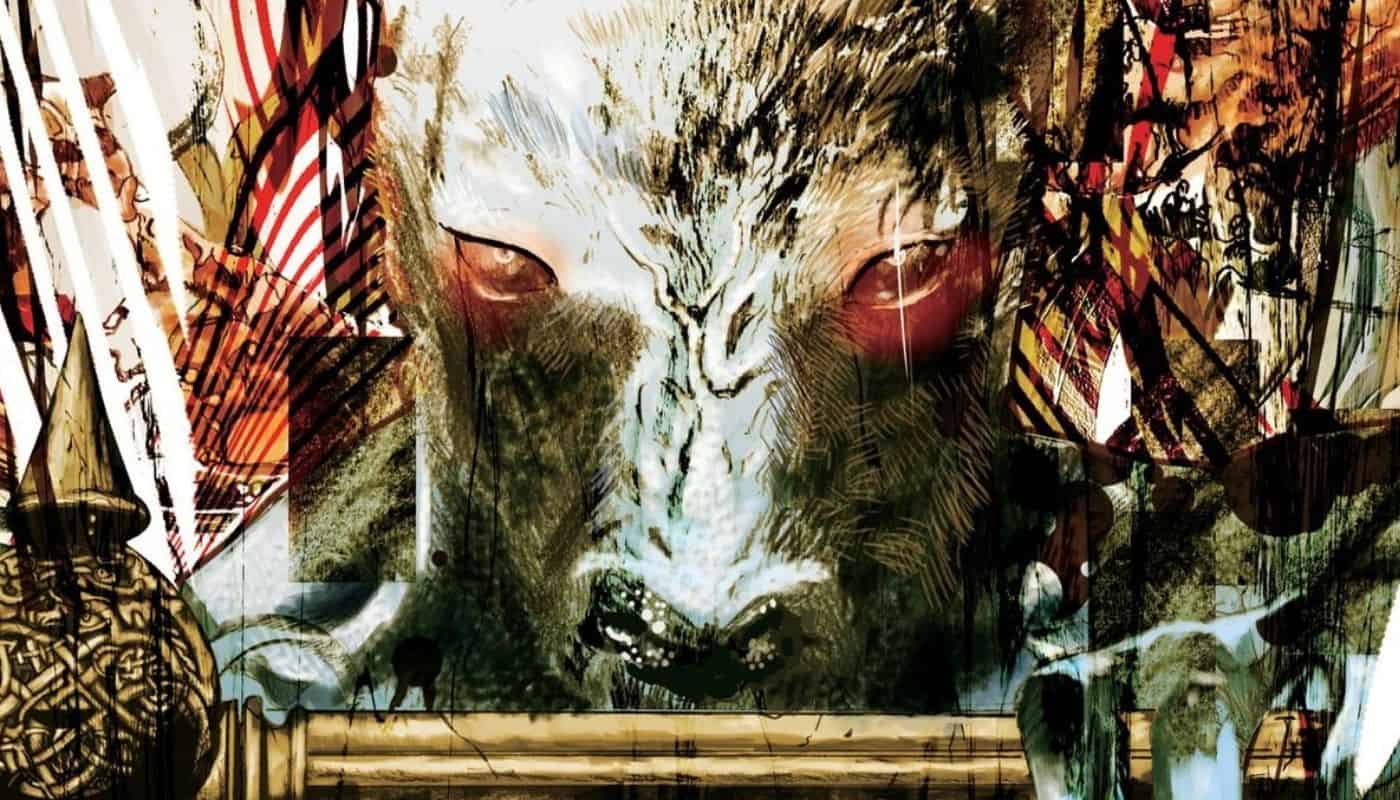The first victim of war is innocence. As children witness the consequences of a conflict, the violence, the bombardments and the fighting, there is a loss which is perhaps far greater than anything else, and which sheds a troublesome light on the present state of the world. Growing up in wartime is growing up with these images, these sounds and these fears that at any given moment your time may be up, even though you are just a child and have been on this earth only a little while. The region of Nagorno-Karabkh, formerly governed by the now gone Republic of Artsakh, was a region that has seen many wars over the years, with its inhabitants being forced to flee into the neighboring Armenia only to return when the fighting was over. In her documentary “My Sweet Land”, Armenian Jordanian filmmaker Sareen Hairabedian tells the story of a young boy and his family, how they deal with the repercussions of the 2020 war and whether something like childhood is really possible in these trying times.
My Sweet Land premiered at Sheffield Doc Fest
In “My Sweet Land”, we get to know 11-year old Vrej, whose family lives in a small village in Nagorno-Karabakh. Even though it is a time of peace when the film begins, it is only a question of time when the next war erupts, which is something Vrej and his family are counting on. Having been through many conflicts, the family, as well as the other villagers, have gotten used to uncertain times, stories of violence and bloodshed and the fear that one day they may never return to their homeland. As the war starts, the family again has to flee for Armenia, but this time the price they have to pay upon returning is far greater than they had anticipated.
“My Sweet Land” is described as a documentary but also as a coming-of-age story. While not every viewer may be familiar with the political implications of the conflict portrayed in the film, the topics Hairabedian touches upon are universal. From the very first moment on, you may notice the discrepancy within Vrej, who becomes our protagonist for lack of a better word. The innocence in some of his gestures, the games he plays with his siblings, are overshadowed by his realization the next conflict is right around the corner. Like the other family members, he is used to times of war and the uncertainty they bring, resulting in a terrible resignation in some of his observations and statements. As the light-hearted game with his grandmother and his siblings is interrupted by sirens, we receive confirmation that after all, Vrej was right with his prediction.
There is no such thing as childhood in war, Hairabedian seems to suggest, but there is such a thing as growing up. Vrej, along with his brothers and sisters, speaks the language of conflict and trauma at the same time. We notice the shift in the family, with the younger generation still believing in the return to their homeland and the myth of strong warriors fighting for it, while the older generation shows signs of desperation and exhaustion considering the dire state of the war. Over the course of the documentary, we witness the erosion of ideals and the beginning of Vrej (and his siblings) growing up, as the conflict separates them from the last remnants of childhood and their innocence. As the camera observes a country defined by war and later on by a massive change, we know that the world of Vrej's childhood is gone, and perhaps even more than that.
“My Sweet Land” is a documentary about growing up in wartime. Sareen Hairabedian chooses the perspective of a child to talk about loss of innocence, trauma and the exhaustion that goes along with a lifetime of conflicts. It is a sobering and yet eye-opening documentary about the price children pay in wartime.














